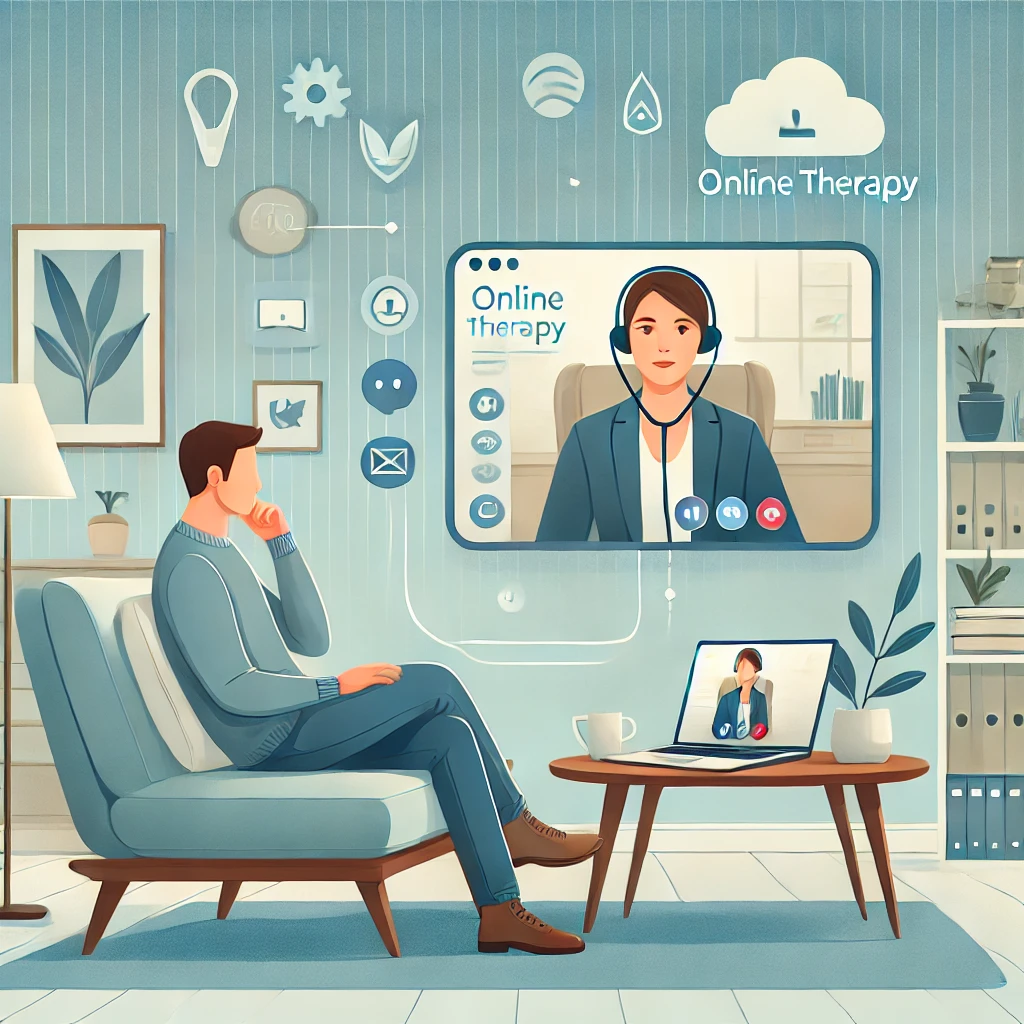Did you know? In a 2022 survey, over 80% of people who tried online therapy said they found it as effective—or more so—than traditional face-to-face sessions. With the advent of online counseling, mental health support has become more accessible, adaptable, and affordable than ever, shaping a future in which therapy is just a few clicks away.Why Online Counseling Is Revolutionizing Mental HealthThe world of therapy has evolved dramatically in recent years, and online counseling has become a key player in this transformation. What once felt experimental is now mainstream. Beyond just a response to the COVID-19 pandemic, virtual therapy is a profound shift in how mental health support is accessed and delivered. Here’s why online counseling is here to stay—and how it’s shaping the future of mental health care.
1. Accessibility and Convenience for All
One of the most significant barriers to therapy has been accessibility—whether due to geographic location, mobility issues, or limited therapist availability. Online counseling eliminates these barriers. From bustling cities to rural communities, people everywhere can connect with a licensed therapist from the comfort of their homes. For those with tight schedules, online sessions offer the flexibility to fit into a lunch break, a quiet evening, or even the early morning.2. Affordability and Flexibility of Payment Options
Traditional in-person therapy can be financially challenging for many. Online therapy platforms frequently offer more affordable options, subscription-based models, and even sliding scales for payment. This affordability makes mental health care accessible to a broader demographic, encouraging people who might otherwise forgo therapy due to cost to seek the help they need.3. A Growing Selection of Specializations
Online therapy services often boast a wide range of specialists. Whether someone is dealing with anxiety, depression, relationship issues, or specialized trauma, they can find a therapist with a niche focus to suit their needs. This level of specialized care can be life-changing, allowing individuals to receive tailored support for their unique circumstances.4. Breaking the Stigma Surrounding Mental Health
For some, walking into a therapist's office can still feel intimidating. Online therapy offers a layer of anonymity and comfort that many people find appealing. By making therapy more discreet and accessible, online counseling helps break down the stigmas still associated with seeking help. In turn, this encourages more people to view mental health support as an integral part of their well-being.5. Integration with Technology for a Holistic Approach
Virtual platforms often integrate additional mental health tools, such as journaling prompts, progress tracking, and self-help resources, into the therapy experience. This technology-driven approach enhances the therapy journey, providing clients with tools they can use in their daily lives and giving therapists insight into their clients’ progress. This integration of digital resources with therapy provides a well-rounded approach to mental health that can promote lasting growth.6. The Science-Backed Efficacy of Online Therapy
Studies show that online therapy can be just as effective as in-person sessions. Research published in the Journal of Affective Disorders demonstrated that internet-based cognitive behavioral therapy (CBT) was as effective as face-to-face therapy for treating anxiety and depression. This evidence-backed effectiveness has helped validate online therapy as a credible and viable alternative to traditional methods.Conclusion: A Future Where Mental Health Support Is Universal
Online counseling is not just a trend; it is a movement towards universal mental health access. With more people embracing digital solutions for their mental health needs, online therapy will likely become the standard in the years to come. In a future where mental health support is only a screen tap away, therapy will be a more common and accepted aspect of maintaining well-being.As technology continues to advance, the options for quality mental health care will only grow, making mental health support truly accessible to all.References:- American Psychological Association. (2022). Telehealth: The Advantages of Virtual Therapy. Retrieved from https://www.apa.org/
- Andersson, G., & Titov, N. (2014). Advantages and limitations of Internet-based interventions for common mental disorders. World Psychiatry, 13(1), 4–11. Available at World Psychiatry Journal.
- Journal of Affective Disorders. (2014). The efficacy of internet-based cognitive behavioral therapy: A meta-analysis of randomized controlled trials. Available on ScienceDirect.
- BetterHelp. (2023). How Online Therapy Works. Retrieved from https://www.betterhelp.com/
- National Alliance on Mental Illness (NAMI). (2023). Telehealth and Teletherapy. Retrieved from https://www.nami.org/
- Healthline. (2021). Can Online Therapy Really Replace Face-to-Face Sessions? Available at https://www.healthline.com/
